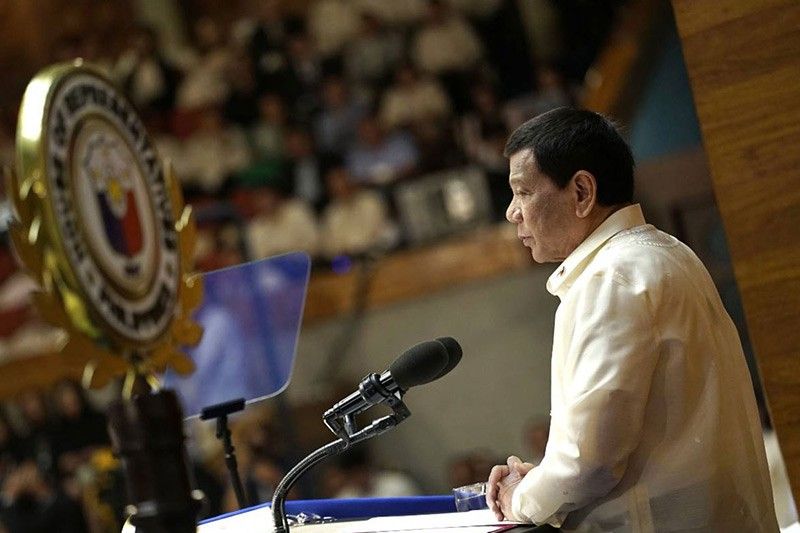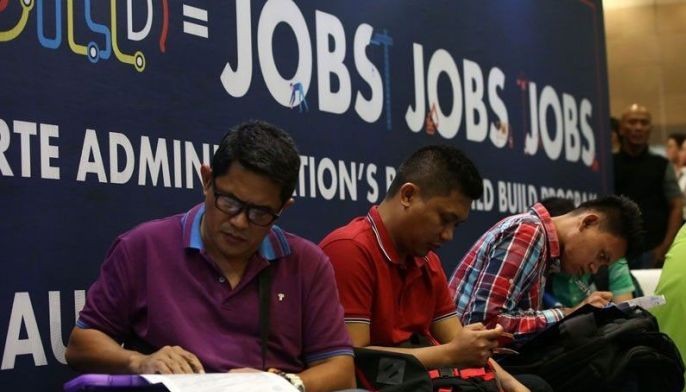Fitch unit: TRABAHO bill to ‘yield little results’

MANILA, Philippines — The second package of the Duterte administration’s flagship tax reform program is likely to yield “little results,” a Fitch Group unit said, adding that the proposal to lower corporate income tax rates won’t boost investment without an improvement to the business environment.
Last week, the House of Representatives approved on third and final reading House Bill 8083, or the “Tax Reform For Attracting Better and High-Quality Opportunities” or TRABAHO bill.
The measure seeks to reduce the current 30 percent CIT rate by 2 percent every two years until it reaches 20 percent in 2029, and modernize investment tax incentives.
Both chambers of Congress did not adopt the Department of Finance’s proposal of making the CIT cut conditional on incremental revenues to be collected from reduced fiscal incentives. The government now expects to lose billions of pesos in the first year of the measure’s implementation.
“We expect the bill to have negligible impact on revenue collection in the near-term,” Fitch Solutions said in a report released Thursday. “We are therefore maintaining our forecast for the Philippines’ budget deficit as a share of [gross domestic product] to come in at 2.9 percent in 2018 and average 2.6 percent from 2019-2027.”
TRABAHO, which aims to encourage investment, is part of President Rodrigo Duterte's priority legislation. He had asked Congress during his State of the Nation Address last July to enact the bill into law before year-end.
But senators, some of whom are seeking re-election on next year's midterm elections, are concerned the bill could force investors to relocate and result in job losses at a time prices of basic goods and commodities are rising fast and hurting consumers.
Various industry groups, including the American Chamber of Commerce and Industry, have opposed TRABAHO. The Philippine Economic Zone Authority, one of the biggest economic zones where tax perks are offered to investors, also said the bill pushed by the Department of Finance could deter foreign investors.
“While CIT rates are one of the considerations of potential investors when they look to relocate their businesses, we believe that more of them are deterred by the poor business environment caused by red tape and corruption, as well as poor infrastructure conditions,” Fitch Solutions said.
“Moreover, the lowering of CIT rate is so gradual that it will take until at least 2025 before they fall in line with regional levels,” it added.
According to the World Economic Forum Global Competitiveness Index 2017-2018 report, inefficient government bureaucracy, inadequate supply of infrastructure, and corruption are the top three obstacles that businesses reportedly face when doing business in the Philippines, while "tax rates" ranks fifth. — Ian Nicolas Cigaral
- Latest
- Trending


























